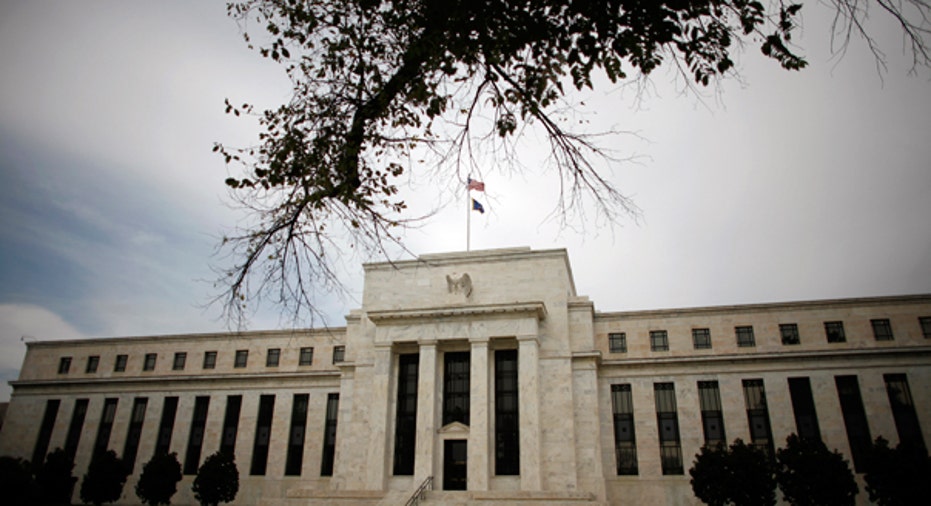Republican House Bill Would Change Fed's Mandate

Seeking to make good on past threats in Congress to rein in the Federal Reserve's powers, a prominent Republican lawmaker said on Thursday he will introduce legislation to focus the U.S. central bank on a single mandate to fight inflation and protect the dollar's value.
Representative Kevin Brady, vice chairman of the Joint Economic Committee, said in a statement his "Sound Dollar Act" aims to "maintain the purchasing power of the dollar in order to foster long-term economic growth and stability." He plans to formally introduce it in early March.
The Fed since the 1970s has had two mandates - to maintain stability and promote maximum employment - but the latter came under fire from some members of Congress after the Fed started buying hundreds of billions of dollars worth of Treasury and mortgage bonds to push down borrowing rates.
Many Republicans have derided the so-called quantitative easing program as "printing money" and say it has devalued the dollar, driving up commodity prices and setting the stage for a nasty bout of future inflation.
The Fed's aggressive actions to fight stubbornly high unemployment rates in recent years have been seen by some as straying into fiscal policy - traditionally the responsibility of Congress - and Brady's bill aims to clear up any confusion by stripping the Fed of its jobs mandate.
Many central banks, including the European Central Bank, focus singularly on inflation in their policy decisions.
While the legislation is unlikely to pass both the Republican-controlled House of Representatives and the Democrat-controlled Senate during a hotly contested election year, it could provide a new rallying point for the Fed's critics in Congress.
Fed Chairman Ben Bernanke took a lot of heat from Congress over the Treasury bond buying program a year ago, but efforts to change the dual mandate never gained momentum.
This year, the Fed took a step that could placate some critics by setting an inflation target of 2 percent annually. While this could help ease fears that the Fed would not put too much emphasis on growth, Bernanke said it would not take precedence over its employment goals.
"We are a dual-mandate central bank. We put equal weight on price stability," he told a news conference in January.
Brady - a congressman from Texas, also home to perennial Fed critic and presidential candidate Ron Paul - also proposed to "end too big to fail" by reining in the Fed's powers to rescue financial institutions.
The legislation also would include all 12 regional Federal Reserve Bank presidents as voting members of the Fed's policy-setting committee, a move that would dilute the Fed chairman's influence over monetary policy decisions.
Currently, only the New York Fed president and four other rotating regional bank presidents vote on the Federal Open Market Committee. Most of the dissenters on Fed decisions in recent years have been regional bank presidents, who are chosen by local business people in the communities they serve.
The remaining seven seats are occupied by the Fed chairman and Federal Reserve Board members, who have tended to vote with Bernanke on policy decisions.



















